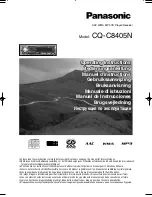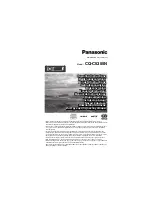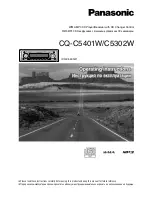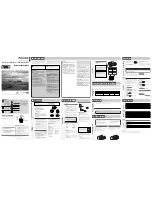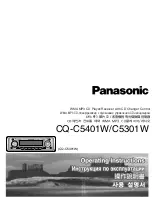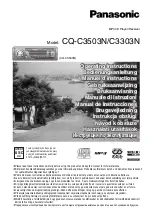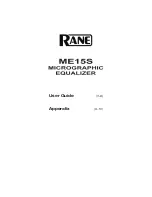
n
The power turns off (standby mode) immediately
l
The unit was turned on while a speaker cable was shorted.
Twist the bare wires of each speaker cable firmly and reconnect to the unit and
speakers. For details, see the following:
– “Connecting the speaker” (p.18)
n
The unit enters standby mode automatically
l
The sleep timer worked.
Turn on the unit and start playback again.
l
The auto-standby function activated because the unit was not used for the
specified time.
To disable the auto-standby function, set “Auto Power Standby” in the “Setup”
menu to “Off”. For details, see the following:
– “Setting the amount of time for the auto-standby function” (p.107)
l
The speaker impedance setting is incorrect.
Set the speaker impedance to match your speakers. For details, see the following:
– “Changing the speaker impedance setting (SP IMP.)” (p.119)
l
The protection circuitry has been activated because of a short circuit.
Twist the bare wires of each speaker cable firmly and reconnect to the unit and
speakers. For details, see the following:
– “Connecting the speaker” (p.18)
n
The unit is not reacting
l
The internal microcomputer is frozen, due to an external electric shock (such
as lightning or excessive static electricity) or to a drop in the power supply
voltage.
Hold down
z
(power) on the front panel for more than 15 seconds to reboot the
unit. If the problem persists, disconnect the power cable from the AC wall outlet
and plug it again.
n
The unit cannot be controlled using the remote control
l
The unit is out of the operating range.
Use the remote control within the operating range. For details, see the following:
– “Operating range of the remote control” (p.8)
l
The batteries are weak.
Replace with new batteries.
l
The unit’s remote control sensor is exposed to direct sunlight or strong
lighting.
Adjust the lighting angle, or reposition the unit.
l
The remote control IDs of the unit and the remote control are not identical.
Change the remote control ID of the unit or the remote control. For details, see the
following:
– “Selecting the remote control ID (REMOTE ID)” (p.119)
l
The remote control is set to the Zone B operation mode.
Set the remote control to the Zone A operation mode. For details, see the following:
– “Part names and functions of the remote control” (p.15)
En
124
































